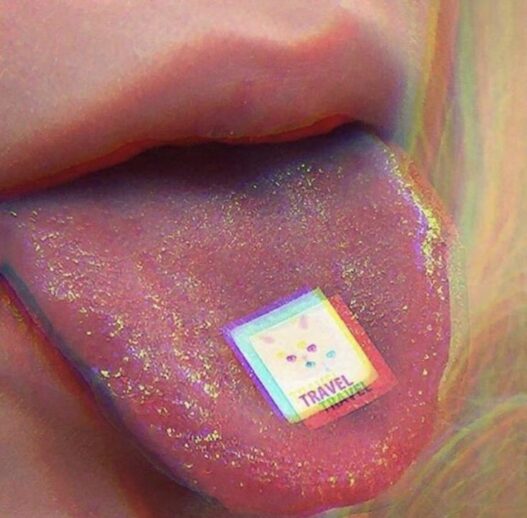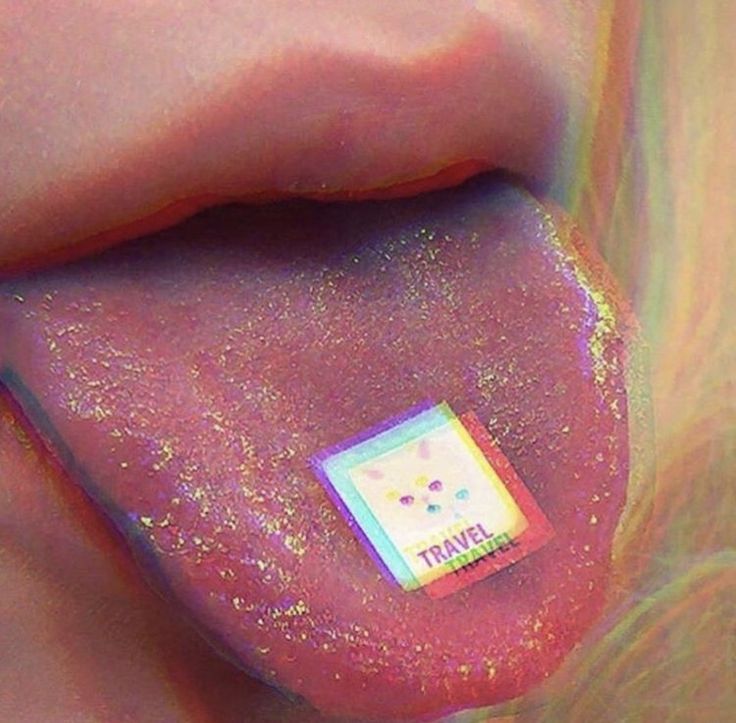What is Microdosing?
Microdosing refers to the practice of taking sub-perceptual doses of a psychedelic substance, typically LSD or psilocybin, with the goal of enhancing cognitive function, creativity, and emotional well-being. Unlike full psychedelic experiences, microdoses are small enough to avoid hallucinogenic effects but are believed to offer subtle improvements in mood and mental clarity.
What Does the Science Say?
While anecdotal reports suggest numerous benefits, scientific research on microdosing LSD is still in its early stages. However, recent studies provide valuable insights into its potential effects.
1. Potential Cognitive and Creative Enhancements
A 2018 study published in Psychopharmacology found that participants who microdosed psychedelics experienced small but significant improvements in convergent and divergent thinking—both important for problem-solving and creativity (source).
Another study in Scientific Reports (2019) suggested that microdosing may lead to increased cognitive flexibility, helping individuals switch between different tasks and perspectives more effectively (source).
2. Mood and Mental Health Benefits
Emerging research indicates that microdosing may have antidepressant and anxiolytic effects. A 2020 study in Biological Psychiatry found that psychedelics, even in small doses, can promote neuroplasticity—the brain’s ability to reorganize and form new neural connections, which is associated with improved mood regulation (source).
In a self-reported study from Frontiers in Psychiatry (2021), individuals who microdosed LSD or psilocybin over a period of several weeks reported reductions in depressive symptoms and anxiety compared to non-microdosing control groups (source). However, these results were based on subjective reporting and not controlled clinical trials.
3. The Placebo Effect and Limitations
Despite positive findings, some studies highlight the need for caution. A 2021 randomized controlled study published in eLife found that participants who believed they were microdosing, even when given a placebo, reported similar cognitive and emotional improvements as those actually taking LSD (source). This raises important questions about whether microdosing’s benefits stem from pharmacological effects or expectancy biases.
4. Safety Considerations and Unknowns
- Long-Term Effects: Most microdosing studies are short-term, making it difficult to assess long-term safety.
- Vulnerable Populations: Those with a history of schizophrenia or severe mental health disorders should exercise caution, as psychedelics can exacerbate psychotic symptoms.
- Standardization Issues: Unlike pharmaceuticals, microdosing lacks regulated dosage guidelines, leading to inconsistent effects.
The Future of Microdosing Research
Given its growing popularity, researchers are calling for larger, more rigorous clinical trials to determine microdosing’s true benefits and risks. Several ongoing studies are investigating its effects on depression, PTSD, and cognitive performance.
While microdosing LSD shows promise, it remains an area of scientific exploration rather than a proven treatment. Future studies will be essential in distinguishing between genuine therapeutic effects and placebo responses.
Final Thoughts
Microdosing LSD is an intriguing area of research with potential applications for mental health and cognitive enhancement. While preliminary studies suggest promising results, more controlled research is needed to confirm its efficacy and safety. Until then, individuals interested in microdosing should proceed with caution and stay informed about the latest scientific findings.






















